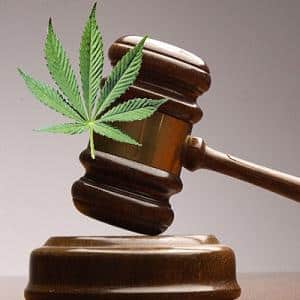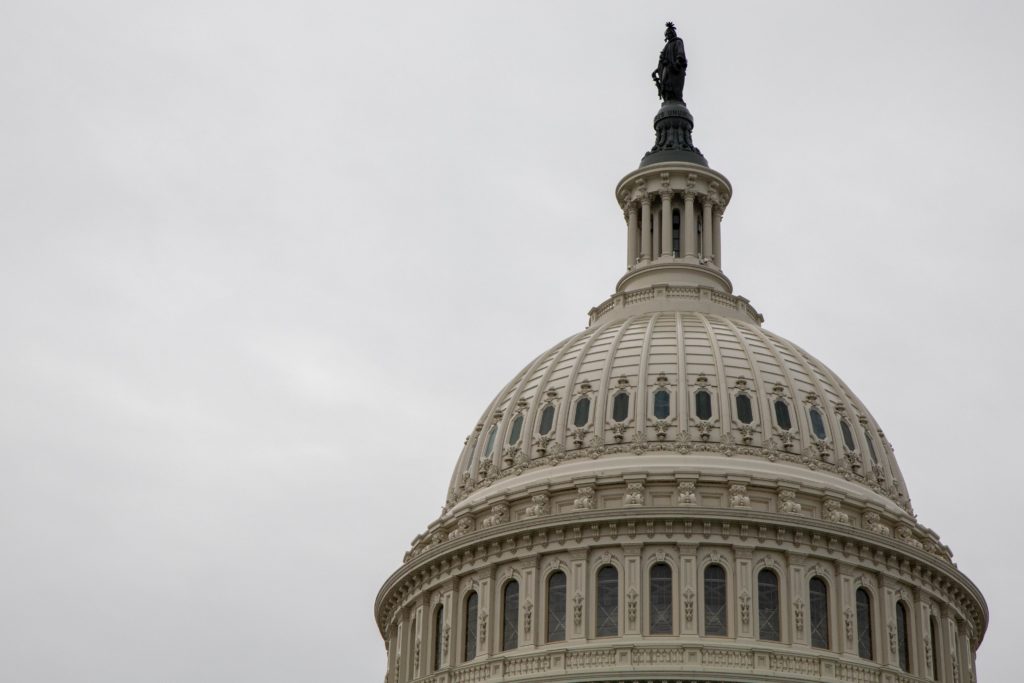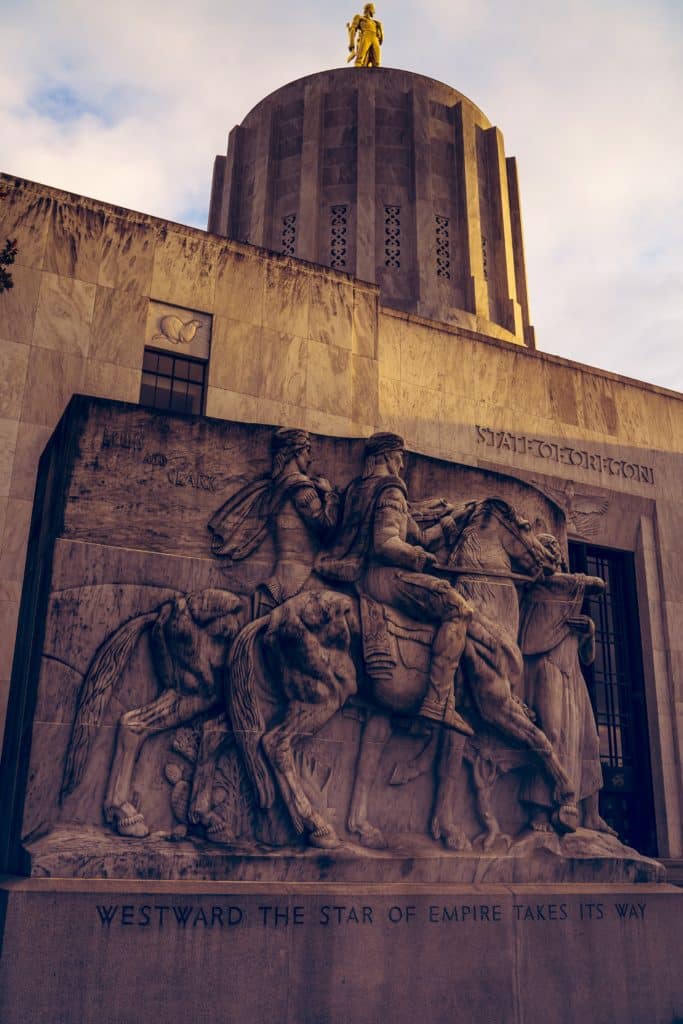The federal cannabis lawsuit that was filed by Hiller, PC in cooperation with the Cannabis Cultural Association (CCA) defended their appeal in front of a group of judges in the 2nd Circuit Court of Appeals in New York in late 2018. We finally got a response from the court today.
(2/3) This case represents the first time in history that a lawsuit challenging the constitutionality of the CSA has survived dismissal. #TheFightGoesOn, as we continue to advocate for de-scheduling of Cannabis, patient liberation, & freedom for those wrongfully imprisoned.
— Michael Hiller (@MikeHillerNYC) May 30, 2019
In a groundbreaking decision, the United States Second Circuit Court of Appeals became the first Court to refuse to dismiss a lawsuit challenging the constitutionality of the Controlled Substances Act. Quoting language from the historic Brown v. Board of Education case, the Court in Washington v. Barr ruled that the Drug Enforcement Administration (DEA) is required, with all “deliberate speed,” to consider a petition by Plaintiffs to de-schedule Cannabis, which could legalize it nationwide (at least under Federal law).
“Plaintiffs claim that a shift over time in our understanding of the uses and dangers of marijuana warrants a change in marijuana’s classification,” Judge Guido Calabresi wrote for the majority regarding the decision. “It is possible that the current law, though rational once, is now heading towards irrationality; it may even conceivably be that it has gotten there already.” The judges said they might intervene if the DEA did not act “with adequate dispatch” to a request to review its classification of marijuana as a Schedule I drug.
The Washington v. Barr case, filed in July 2017, has attracted national attention, as advocates have lined up behind the Plaintiffs who have argued that the classification of Cannabis as a Schedule I substance is unconstitutionally irrational, and violates the Equal Protection Clause, the Commerce Clause, Substantive Due Process, the Right to Preserve One’s Health and Life, and the Rights to Free Speech and Travel.
Michael Hiller, a Manhattan-based attorney whose firm, Hiller, PC, has been representing the Plaintiffs pro bono since the case started, was elated at the news of the Court’s decision, saying, “For decades, people have been observing ‘4/20 Day’ on April 20th to celebrate the possibilities of legalized cannabis. Now, we can also celebrate ‘5/30 Day’ as the moment the Courts began to use the power of the judiciary to require the federal government to reconsider legalization and to do so ‘promptly.’” Hiller went on to say that, “with 33 State-legal medical programs around the Country, it is only a matter of time before the federal government acknowledges what the rest of us have known for decades — that Cannabis is a harmless plant that provides exceptional wellness benefits, and that laws criminalizing it violate the U.S. Constitution.”
Joseph Bondy, pro-bono co-counsel on the case, stated that “today’s decision confirms that the fight goes on, and Plaintiffs and their lawyers won’t stop until Cannabis is de-scheduled.” The legal team expects the DEA petition to be filed within the next 30-60 days.
Nelson Guerrero of the Cannabis Cultural Association said, “The Cannabis Cultural Association is proud to be a plaintiff in this milestone case. Today, the United States Court of Appeals for the Second Circuit issued its decision, holding our federal cannabis lawsuit in abeyance but retaining jurisdiction over it while our legal team files a petition to reschedule cannabis, to ensure that the petition is decided with “alacrity.” This is the first decision of its kind and will afford the plaintiffs the rapid decision that they and all Americans deserve. The Cannabis Cultural Association looks forward to continuing to lead the legalization movement, and to supporting our lawyers’ efforts to compel the DEA to finally render a fair and fast decision.”
The lawsuit challenges the constitutionality of the Controlled Substances Act (CSA) as it pertains to cannabis. In a 90-page Complaint, attorneys representing five plaintiffs maintain that the CSA, in classifying Cannabis as a “Schedule I drug,” is so irrational that it violates the U.S. Constitution.
The Cannabis Cultural Association explains that plaintiffs demonstrate that the Federal Government does not, and could not possibly, believe that Cannabis meets the definition of a Schedule I drug, which is reserved for the most dangerous of substances, such as heroin, LSD and mescaline. By way of comparison, cocaine and crystal meth are considered Schedule II drugs and are thus considered less addictive and less dangerous. Among the other claims in the lawsuit are that the CSA: (i) was enacted and implemented in order to discriminate against African Americans and to suppress people’s First Amendment rights; and (ii) violates plaintiffs’ constitutional Right to Travel.
The plaintiffs include:
–retired professional football player and Super Bowl Champion, Marvin Washington, who desires, but is ineligible (due to the CSA) to obtain grants under the Federal Minority Business Enterprise program, to open a business that would allow professional football players (among others) to treat with medical Cannabis to reduce opioid dependency and addiction;
–an 11-year old girl, Alexis Bortell, who moved to Colorado from Texas so that she could treat her intractable epilepsy with medical Cannabis;
–a six-year old Georgia boy suffering from Leigh’s Disease, Jagger Cotte, who has been using medical Cannabis to lengthen his life and control his otherwise excruciating pain;
–disabled military combat veteran Jose Belen, who uses medical Cannabis to control his post-traumatic stress disorder (PTSD); and
–the Cannabis Cultural Association, whose membership includes many People of Color who contend that the CSA was enacted and has been enforced in a discriminatory manner, rendering them unable to participate in, among other things, the Cannabis industry.





